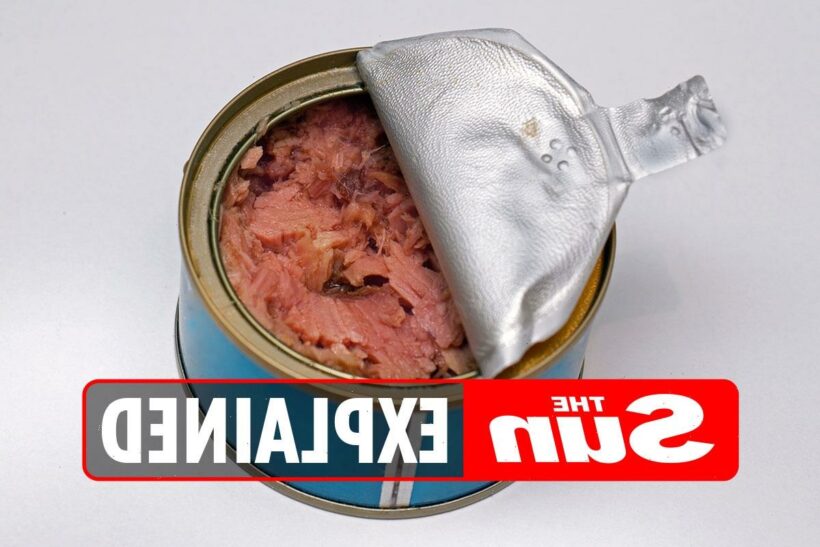BOTULISM is a life-threatening condition that can cause paralysis of the lungs.
The condition, caused by deadly toxins, is extremely serious and warrants treatment immediately. Here's all you need to know.
What is botulism?
Botulism is a potentially fatal condition caused by toxins produced by Clostridium botulinum bacteria.
These toxins attack the nervous system – made up of the nerves, brain and spinal cord – and can cause paralysis, which spreads down the body from the head to the lungs.
If left untreated, this paralysis can spread to the muscles which control your breathing and become fatal in five to 10 per cent of cases.
What are the symptoms of botulism?
It can take anywhere between a few hours or several days for symptoms of botulism to develop, after exposure to the bacteria or their toxins.
Initial symptoms include:
- Feeling sick
- Vomiting
- Stomach cramps
- Diarrhoea
- Constipation
If the condition has developed further into paralysis, the symptoms include:
- Drooping eyelids
- Blurred or double vision
- Facial muscle weakness
- Difficulty swallowing
- Slurred speech
- Breathing difficulties
- In babies: a weak cry, difficulty feeding and a floppy head, neck and limbs
Botulism is a serious condition which requires IMMEDIATE medical attention. If you think you or someone else is affected, call 999 or go straight to A&E.
Treatment will not cure any paralysis which has already occurred, but it will stop it getting worse.
In most people, paralysis which occurred before treatment will gradually get better over the following weeks or months.
Treatment for botulism
The condition needs to be treated by professionals in hospital.
The NHS states there is two main forms of treatment available, and your care will depend on what type of botulism you have.
It includes:
- Neutralising the toxins with injections of special antitoxins or antibodies
- Supporting the functions of the body, such as breathing, until you recover
What causes botulism?
Clostridium botulinum bacteria are found in soil, dust and river/sea sediments.
The bacteria themselves aren't harmful, but they can produce highly poisonous toxins when deprived of oxygen – in closed cans or bottles, stagnant soil or mud and, occasionally, the human body.
There are three main types of botulism.
Food-borne botulism
When someone eats food containing the toxins, which isn't properly canned, preserved or cooked.
Foods which have caused botulism in the past include garlic-infused oil, canned cheese sauce (often used on Nachos), chilli peppers, carrot juice and potatoes baked in foil.
The NHS recommend avoiding eating from any cans which are visibly damaged, foul-smelling, out-of-date or stored at the wrong temperature.
However, we have very high food safety standards in Britain – and you are much more likely to catch food-borne botulism from foods produced at home, so make sure you follow the correct hygiene and canning procedures.
Infant botulism
When a baby swallows a resistant form of the bacteria, known as a spore, from contaminated food such as honey.
Older children (aged one or older) and adults will have developed defences against the bacteria.
For this reason, babies less than a year old should not be fed honey.
Wound botulism
This is when a wound becomes infected with bacteria, normally as a result of injecting illegal drugs such as heroin into a muscle rather than a vein.
In very rare cases, anti-ageing injections can cause botulism when botulinum – the toxin used to paralyse the muscle – migrates from the intended target to other cells in the body.
Source: Read Full Article


